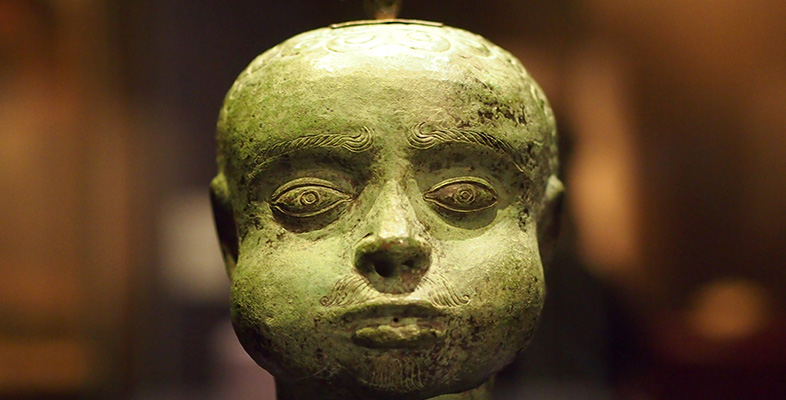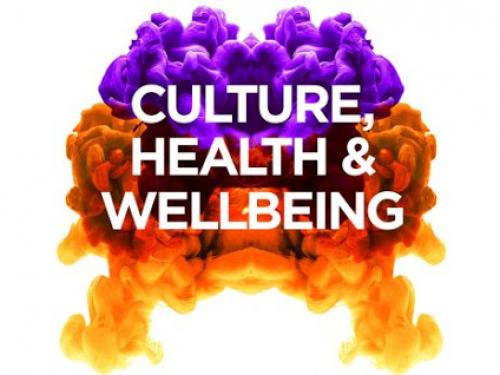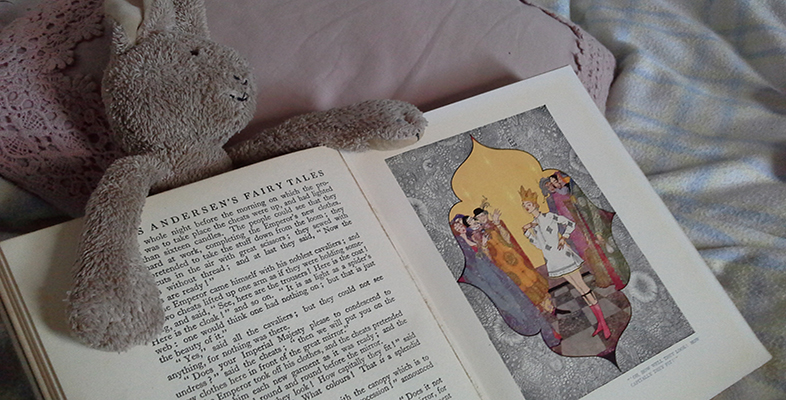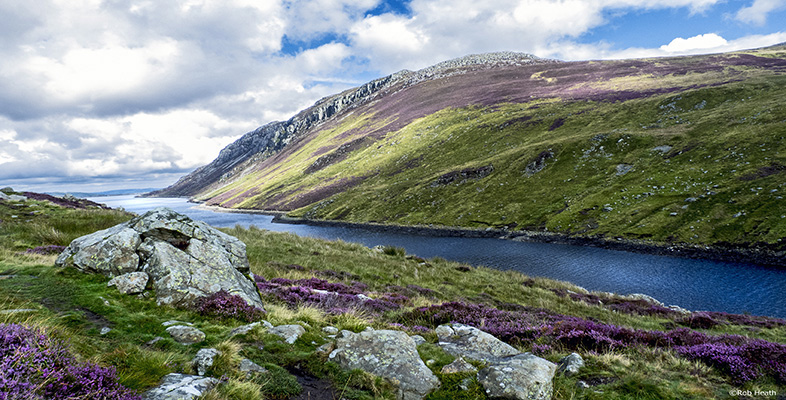Achieving public dialogue
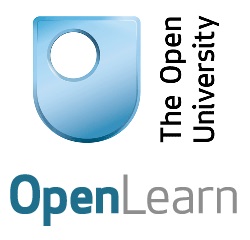
OpenLearn Review
Location
Online(Course Link)
Dates
On Demand
Course Categories
Humanities and ARTS
Certficate
Yes(Statement of Participation)
Language
English
Course Fees
FreeNo. of Attendant
Unlimited
Acquired Skills/Covered Subjects
- demonstrate a greater awareness of science-based issues of public importance,demonstrate a greater insight into the phrase ‘the public understanding of science’,demonstrate a raised awareness of the ways in which the public can be consulted in relation to science policy issues
| Provider Name | OpenLearn |
|---|---|
| Training Areas |
|
| Website | http://www.openuniversity.edu/ |
| About The Provider |
Since its launch in 2006, OpenLearn has become an integrated part of The Open University, with the site attracting more than 69 million visitors – many of which go on to make an enquiry about becoming a formal student, strengthening the journey between informal and formal learning. The OpenLearn team originate, commission and develop content that unites faculty and University priorities with areas of topical and general interest. This is in support of our own student population in their academic, skills and career and personal development (CPD) endeavours, delivering quality assets openly available for teaching and learning. OL deliver bite-sized learning experiences designed to fit easily into daily life, so whether you're a busy parent looking to get promoted at work, or back-packing across Africa and wanting to increase your learning, we are open with no requirements to access our free materials. Some of OL academic-led content includes: |
There are a wide range of interactions between 'science' and 'the public'. Examples range from visiting a museum, or indulging in a science-related hobby, to reading a newspaper article about a breakthrough in the techniques of therapeutic cloning. Many of these interactions could be said to be 'passive'. This free course, Achieving public dialogue, explores the practicalities of the public becoming more 'active' in the direction of science practice by 'two-way' interactions, with dialogue taking place between science and some part of 'the public'.

